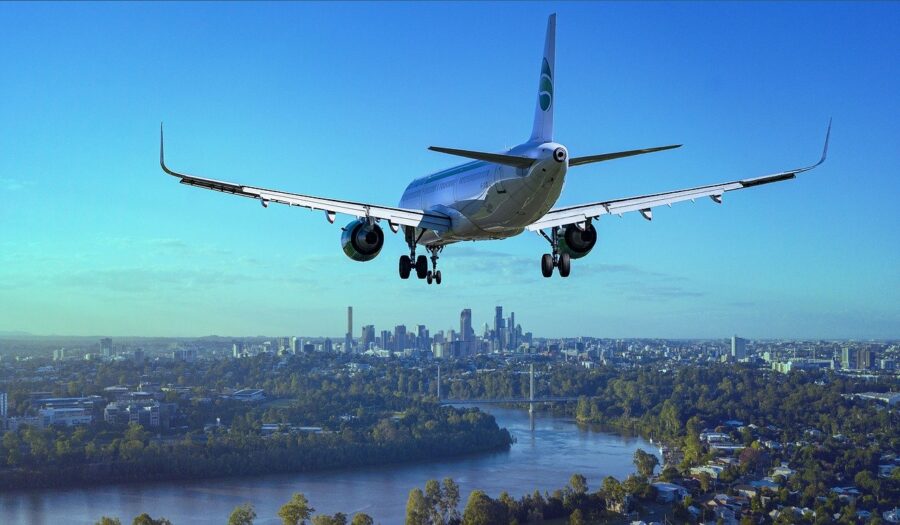Shipping Companies Want To Put Anti-Missile Lasers On Their Planes
Shipping companies, like FedEx, want to install anti-missile laser defense systems on their planes to protect from outside attack.
This article is more than 2 years old

These days, I suppose you can never be too safe out there and shipping companies like FedEx and others are feeling that as much as anyone. With supply chain lines increasingly threatened companies that are trying to get our packages from point A to point B are wanting to put increased measures in place to ensure their planes are equipped with all of the necessary deterrents afforded high-value targets. And apparently, FedEx is taking things pretty far with a recent report (via Futurism) that the shipping company has put in a request with the US Federal Aviation Administration to install anti-missile technology into all of their planes. Looks like they think they might be in a dogfight at some point. Crazy stuff.
This current request to add anti-missile technology to their Airbus A321-200 planes comes at a time when supply chains are consistently being threatened by other parties. The technology they would add to the planes would be in place if there was some kind of attack. Apparently, within the application to the FAA, FedEx noted that planes in other regions had come under fire, leaving them vulnerable to attack while in the air as part of deliveries. The anti-missile lasers act as a way to “confuse” incoming missiles and projectiles by replicating a different heat signature.
The anti-missile lasers shine light at the incoming, heat-seeking missiles which throw off its sensors. This makes the incoming missile think it is locked on its intended target but is, in fact, being thrown off course. While not 100% a shield to incoming attacks, the proposed technology would significantly reduce the risk from ground-to-air attacks. These were the ones cited in the FedEx application to the FAA.

As part of the request to add anti-missile technology to their planes, FedEx would have to put a number of safeguards in place. For starters, the systems would need to be shut off while the planes were on the ground. This part makes sense and isn’t likely unique just to a shipping company. And it also needs to be designed and installed so that it was only to be used against incoming missiles and wouldn’t pose a threat to other aircraft. Again, this is all pretty standard.
As reported by Gizmodo, there is another reason that FedEx wants to add the anti-missile lasers and not heat flares which are employed by most military aircraft. Because the Airbus is such a massive aircraft, those flares aren’t nearly as effective against a heat-seeking missile attack. The Airbus has a much larger heat signature, meaning there is much more for the missile to lock in on. The proposed lasers offer significantly more safety against an attack because they can target the missiles themselves and effectively “disarm” them one by one.
The request by FedEx to add anti-missile technology will be made open to the public today, January 18th, and others will have the ability to comment on the request. This could start to become commonplace for shipping companies wanting to keep their cargo safe from outside attacks.












